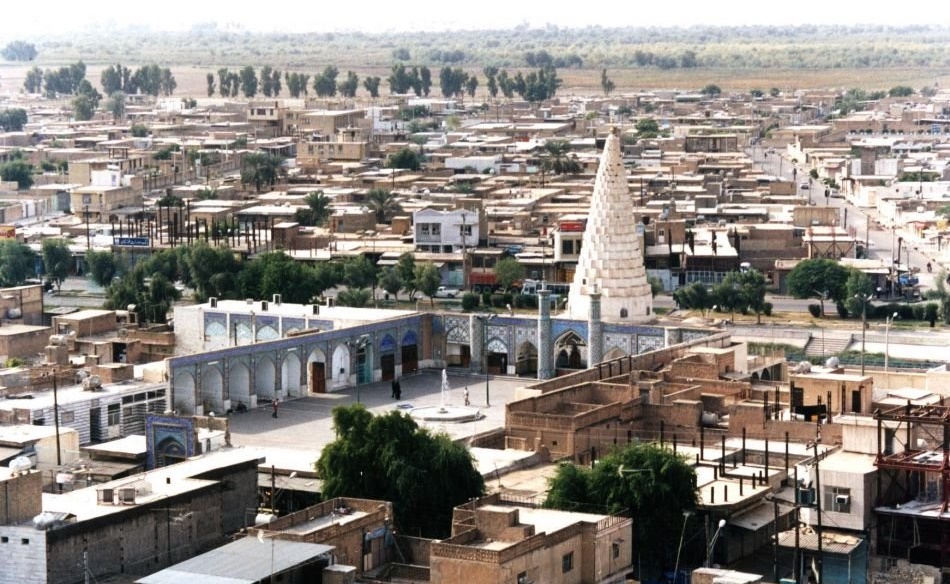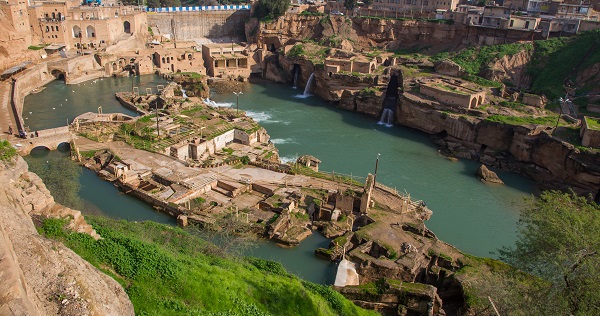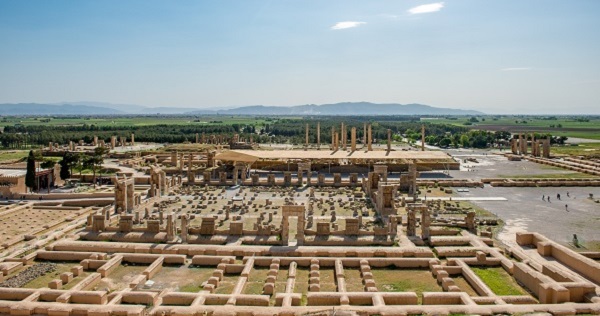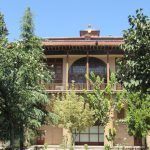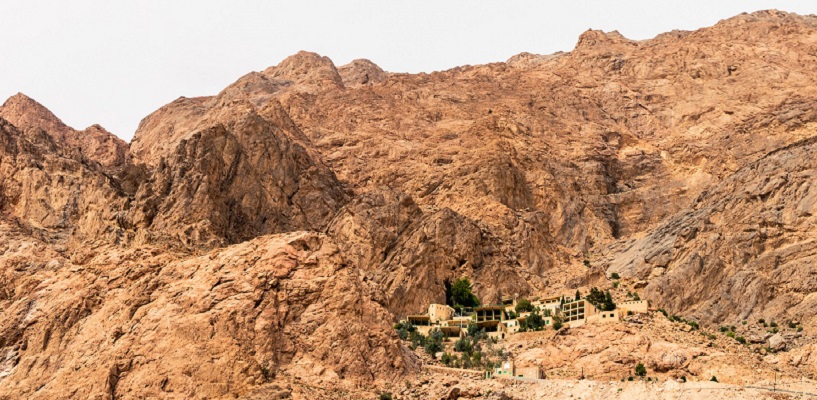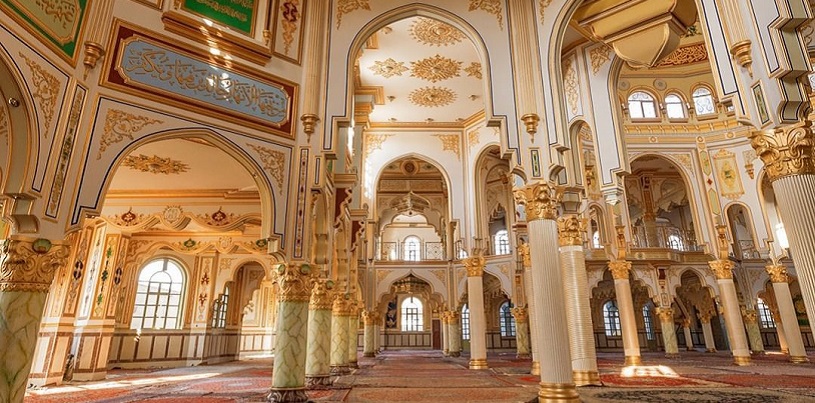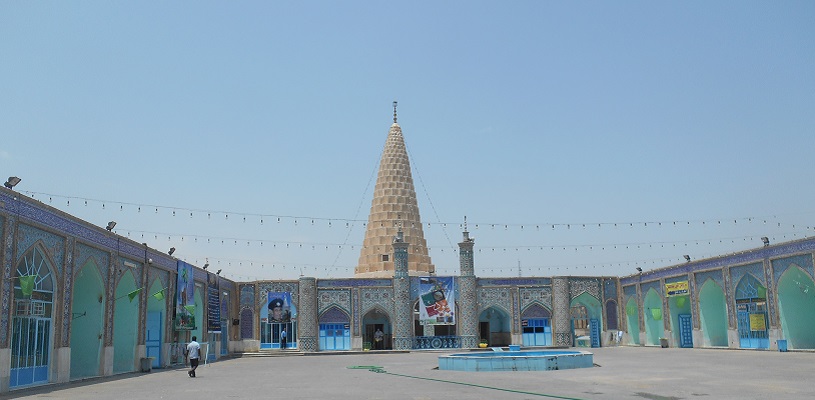
Tomb of Daniel in Susa, Iran
The mysterious old testament stories of Daniel and Cyrus the Great make the ancient Ziggurat of Elamites and the Apadana Palace ruins of Susa even more captivating. Shush, a western city in Iran is one of the six world cities that claim to be the final resting place of Daniel, a prophet to Muslims and Christians, and a respected figure for Jews. With a pine-cone-shaped dome that’s so distinctly special, the Tomb of Daniel (also known as Shush-e Daniyal) is one of the most outstanding icons of the city. Year in and year out, people of different beliefs and religions gather in this tomb to pay their respects to the biblical figure. Follow me on this post to discover the beauties and secrets of this special attraction.
Contents
Why Visit Tomb of Daniel?
- It is the most probable burial place of Daniel.
- The dome of the tomb of Daniel features rare architecture.
- The Tomb of Daniel is one of the top social and religious icons of Shush.
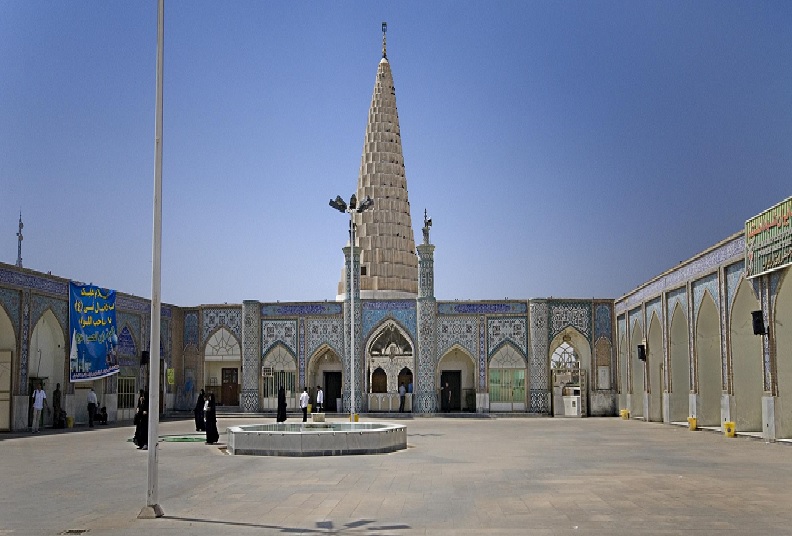
Tomb of Daniel Photos – A view of Daniel Tomb
The Story of Daniel
According to Biblical and Islamic sources, centuries before the birth of Christ, a noble Jew from Jerusalem became a prophet of the Israelites (though in Jewish sources, he is only a respected member of the Jewish exile). After becoming captive to the king of Babylon, Daniel served the Babylonian court until Cyrus the Great conquered the city. Where Daniel is buried is a mystery. Some Jewish and Islamic sources claim that Daniel was buried in Susa. Yet, there are five other cities in the world that claim to be the burial place of Daniel. But how could he have been buried in Iran?! Based on some accounts, Daniel came to Iran along with a group of Israelites and chose Susa as their home. Other accounts hold that after Cyrus the Great’s conquest of Babylon and liberation of Jews, all the Jewish captives got back to their homeland. But Daniel came to Iran with Cyrus and rose to power in his court.
Shush-e Daniyal, the Tomb of Daniel in Shush, is a sacred place for both Muslims and Jews. Every year, hundreds of Jews gather together in the tomb and pay homage to Daniel in a special ceremony.
Daniel, the Seer of Babylon
Daniel was known for his dream interpretations, distinguished judgments, and seeing apocalyptic visions. There are many extraordinary stories about him. In one of these stories, When the king of Babylon invades Jerusalem, he captivates Daniel and his three friends and brings them to his court. Daniel’s unbelievable capability in dream interpretation wins him a special status in the Babylonian palace.
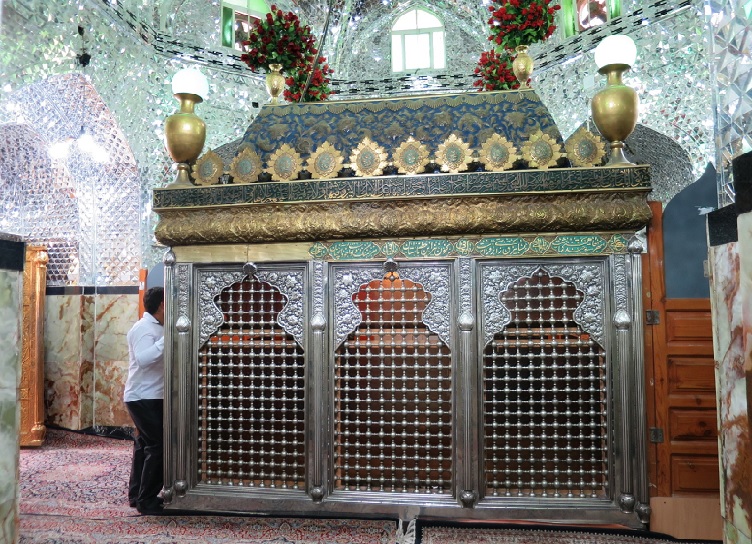
Tomb of Daniel Photos – Daniel Tomb Interior View
Tomb of Daniel – Entering the Peace of the Tomb
The Tomb of Daniel reminds you of the architecture of mosques and Islamic centers. As you get inside the courtyard from the main portal, an octagonal pool, and beautiful fountains direct your eyes to the center. Then the blue tiling of the building shows itself off to you. Around the courtyard, you’ll find rooms built for pilgrims. The western side of the tomb features nice Islamic tiling and the western side showcases two 10-meter minarets (towers in Islamic architecture). The inscriptions on the towers show them to date back to 1912.
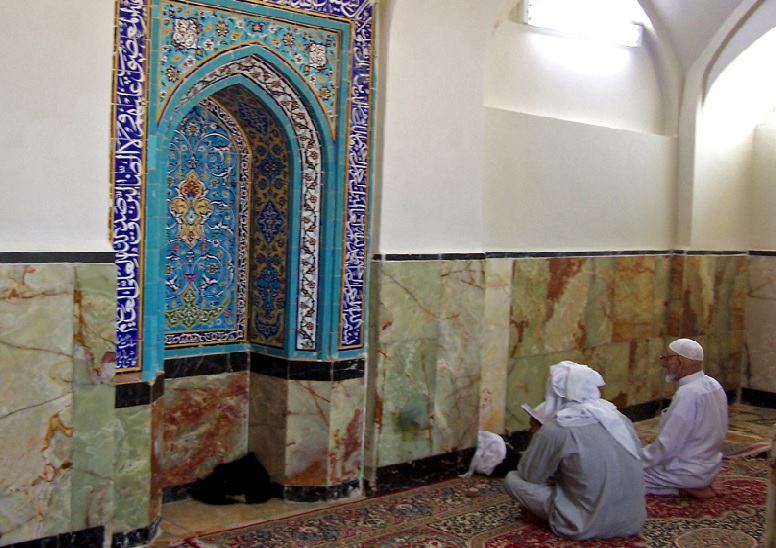
Muslims Praying in the Tomb of Daniel
The Unique Dome of the Tomb of Daniel
The most attractive piece of the tomb is its conical dome, which looks like Chogha Zanbil Ziggurat. With a 20-meter height and 5-meter diameter, this pineapple-looking dome that’s visible from around the city dates back to Seljiqid period (1037-1194). This kind of staired dome is most popular in the south of Iran. But outside the country, this kind of dome is only found in Iraq. Dazzling mirrorwork covers the interior of the dome and local materials (like palm tree and jujube tree wood) have been used in its construction.
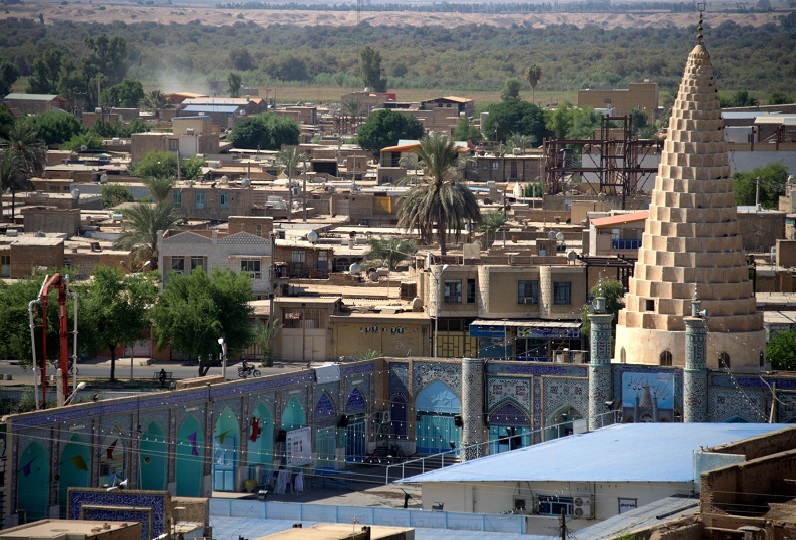
The cone-pine dome of the Daniel Tomb
Religious Ceremonies in the Tomb of Daniel
The Tomb of Daniel unifies different Abrahamic religions under one roof. On the one hand, it has been a host to grand religious gatherings like mourning ceremonies and happy celebrations. Plus, people from around Khuzestan Province gather together in the tomb to celebrate Nowruz Festival (Persian New Year) and Sizdah Bedar (an Iranian festival when people spend time picnicking outdoors).
On the other hand, Muslims are not the only group who hold religious ceremonies in the Tomb of Daniel. Followers of other religions, especially Judaism, honor Daniel and pay visits to his tomb. Every year, hundreds of Jews gather together and commemorate this respected Hebrew figure.
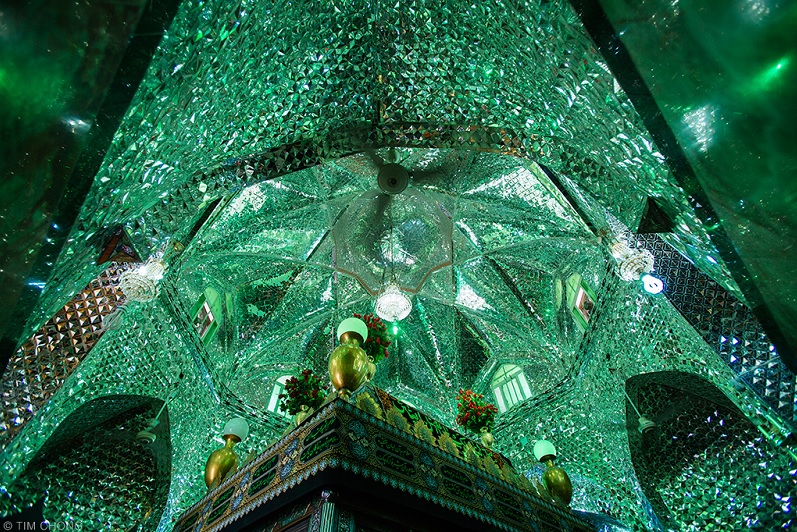
The mirrorwork in the tomb of Daniel photo
More About the Tomb of Daniel
Visit Hours: 7 a.m. to 10 p.m.
Visit Days: Everyday
Entry Rules: Women must wear a veil to enter the Tomb of Daniel.
The Nearby Attractions
The many sites in Shush make it a real tourist magnet. Chogha Zanbil (UNESCO), a 5000-year-old ziggurat, is only 44 km from the Tomb of Daniel. Haft Tappeh Archaeological Site, one of the most ancient places in Mesopotamia, is also nearby. If you like to see ancient artifacts from different historical periods, then Susa Museum is a must-see. But if nature is what fascinates you, Karkheh National Park with its variety of plants and animals, including the Persian fallow deer, is the place to be.
Where to Eat Nearby
Ziggurat Restaurant
Arad Restaurant
Hatam Restaurant

